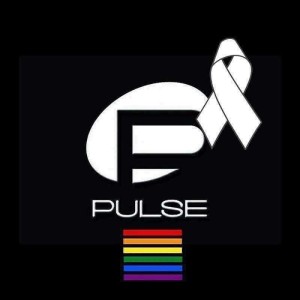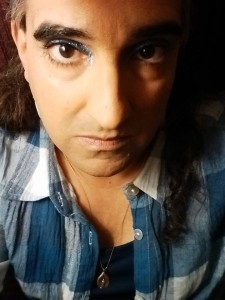Pulse
By
Jennifer Angelina Petro
Pulses lost in the Pulse.
Pulses slowing, pulses struggling to flow
On floors, in hospital beds,
Behind tables, and rooms
Of young people existing
In secret and fear.
Pulses aching with grief and rage.
Pulses on fire with loss.
Pulses full of no more, no more, no more.
Pulses must become one pulse.
Your pulse. My pulse.
My transgender pulse.
Pulses of privilege and safety.
Pulses of people praying
In churches and mosques,
Synagogues, temples,
And living rooms.
Pulses of people in alleyways.
Pulses of people behind closed, political doors.
Pulses of your sisters.
Pulses of your brothers.
Pulses of those who do not identify
As brother or sister.
The pulse of deep humanity. Pulse
Within pulse, pulse within pulse.
Pulse of Pride.
Find inside ourselves,
Find inside each other,
Pulses to rise, pulses to fight,
Pulses to beat as one
To change the world,
To hold one another
In reverence and mourning,
To eradicate hate-mongering,
Barbarian pulses of those with ideas
Wrapped in blood, hypocrisy,
Shadow, pure insanity. Pulse
Within pulse. Find the one pulse
Of those who seek to live
In one rhythm stemming from one heart.
In the soul pulse of a nation
On the brink of revolution,
A revolution to breathe together
As we were meant to do.


